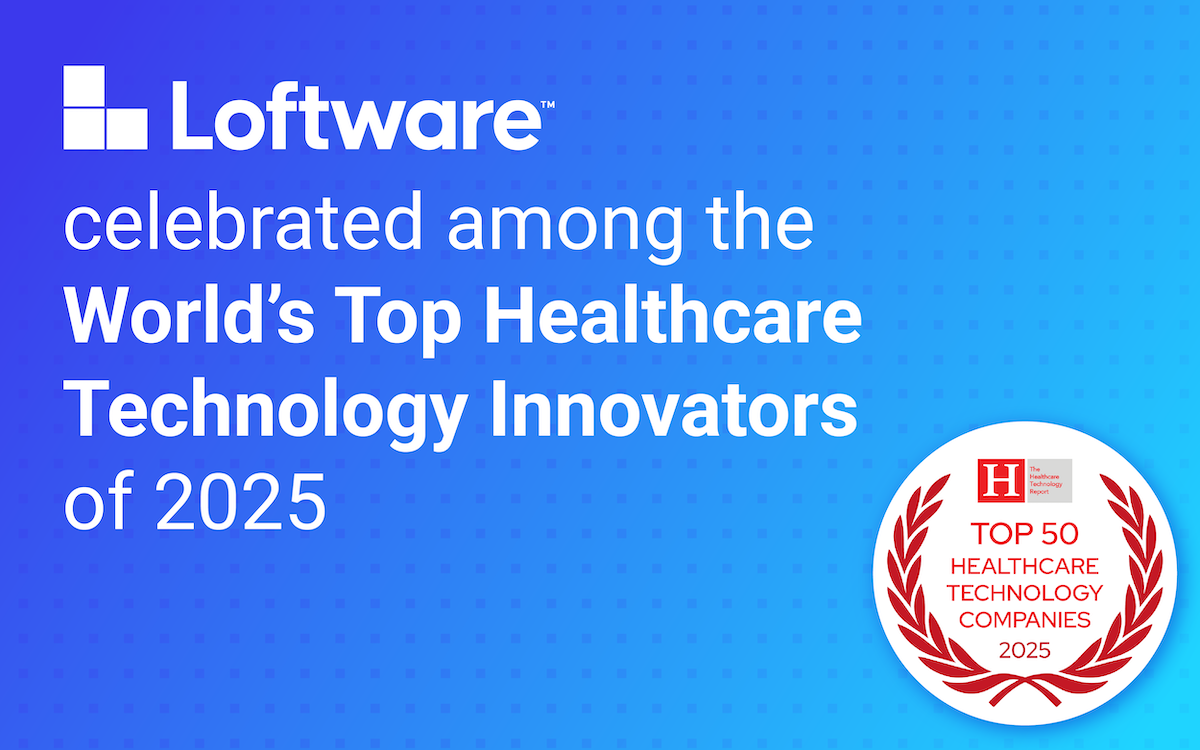May 26, 2023
Blog
Pharma serialization: enhancing data visibility and traceability in the pharmaceutical industry
Laura Johnson
Senior Director of Sales, Life Sciences
Share
Pharmaceutical manufacturers operate in a highly regulated environment with complex global supply chains, therefore compliance with stringent labeling requirements is crucial to avoid costly disruptions. In fact, according to McKinsey, labeling or packaging artwork errors contribute to around half of all product recalls, with an average recall notice costing $8 million. Additionally, pharmaceutical product recalls occur as often as 20 times per week in the U.S. alone.
To adapt and remain compliant, it’s vital that pharmaceutical companies consider their supply chains as a valuable component in delivering vital products in a safe and timely manner. As noted in our ‘2023 Top 5 Trends in Labeling & Packaging Artwork’ survey, the effective management of supply chains is front of mind for many professionals, with 70% of companies listing global traceability as a priority in the coming 12 months.
Bearing this in mind, it’s no surprise that forward-thinking pharmaceutical manufacturers are adopting serialization technology to improve data visibility and traceability within their supply chains.
Enabling track and trace
The pharmaceutical sector must prioritize the careful management of global supply chain products, ensuring accuracy at every stage to guarantee full traceability and the highest level of safety for every prescription drug on the market. A single mistake can have serious consequences, making it imperative for companies to have comprehensive visibility and the ability to track products, with 49% of professionals surveyed in our ‘Top 5 Trends’ research recognizing the inability to manage recalls effectively as the biggest risk associated with a lack of supply chain traceability.
Therefore, serialization is a critical tool in the pharmaceutical industry, as it provides a unique serial number to each product unit that contains essential information such as origin, batch number, and validity date. By printing this code on packaging, companies can seamlessly track and trace products throughout the supply chain, successfully addressing challenges like counterfeit and substandard drugs.
Facilitating agile supply chains
Incorporating serialization technology into the management of pharmaceutical supply chains has enabled the industry to respond to disruptions with greater agility.
Smart barcode labeling, which utilizes cloud-based RFID (radio-frequency identification) technology, provides traceability through real-time tracking and monitoring of pharmaceutical products as they are manufactured, packaged, shipped, warehoused and, ultimately, delivered to customers. The data collected from the RFID tags (small chips with unique identification numbers attached to drug packaging) is then transmitted to a cloud-based platform, where it can be analyzed and used to identify bottlenecks, optimize logistics, and improve overall supply chain efficiency. In this way, serialization technology is instrumental in managing inventory, limiting waste, and improving forecasting.
Meeting sustainability targets
The pharmaceutical industry is taking steps to improve its sustainability credentials and align operations with the United Nations Sustainable Development Goals. This involves initiatives such as introducing waste reduction targets and increasing investment in energy-efficient technology.
Serialization technology plays a crucial role here. The real-time tracking and monitoring enabled by cloud-based RFID tags helps improve a company’s sustainability credentials by increasing the efficiency of logistics and transportation. Additionally, the tags track and monitor expiration dates and, as such, help reduce the number of expired products that need to be discarded. This, in turn, helps to minimize the environmental impact of waste disposal within pharmaceutical manufacturers’ supply chains.
Leveraging serialization technology
Serialization technology has emerged as a vital tool for the pharmaceutical industry in mitigating disruptions and enhancing supply chain visibility. With the likelihood of future challenges, integrating this type of cloud-based technology offers numerous benefits, including improved tracking, reduced counterfeiting risks, and streamlined operations.
As a leading provider of centralized cloud-based labeling solutions, we offer comprehensive digital platforms that enable pharmaceutical companies to meet regulatory requirements, ensure accuracy, and achieve compliance. Discover how serialization technology can enhance your operations and mitigate risks in an evolving landscape by downloading our whitepaper ‘Pharma Serialization for Greater Data Visibility and Traceability’ today!


